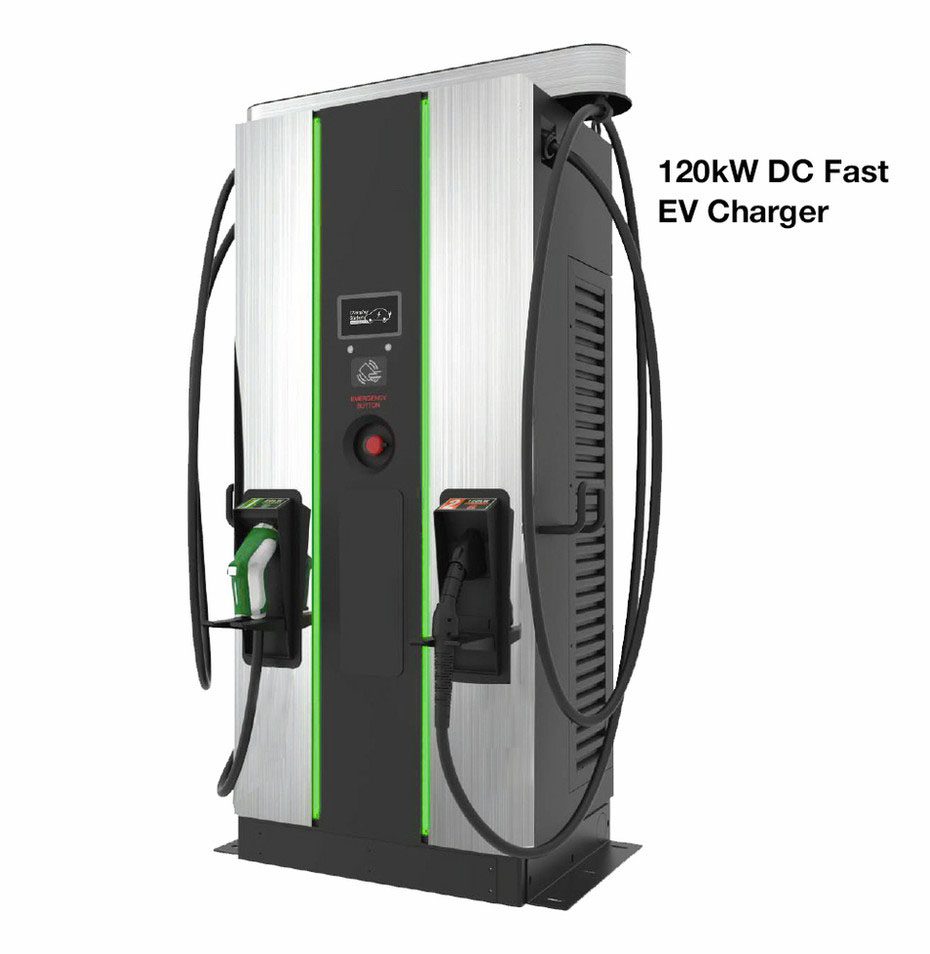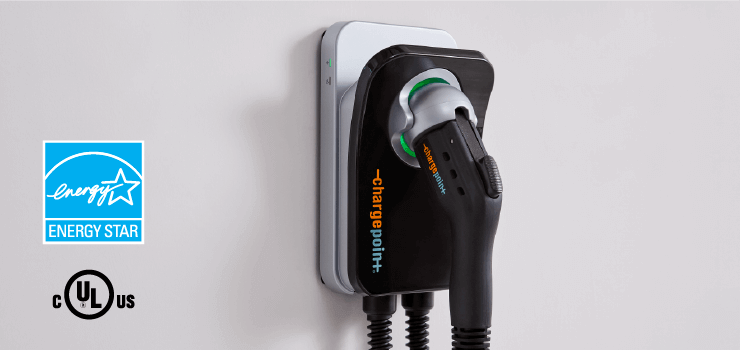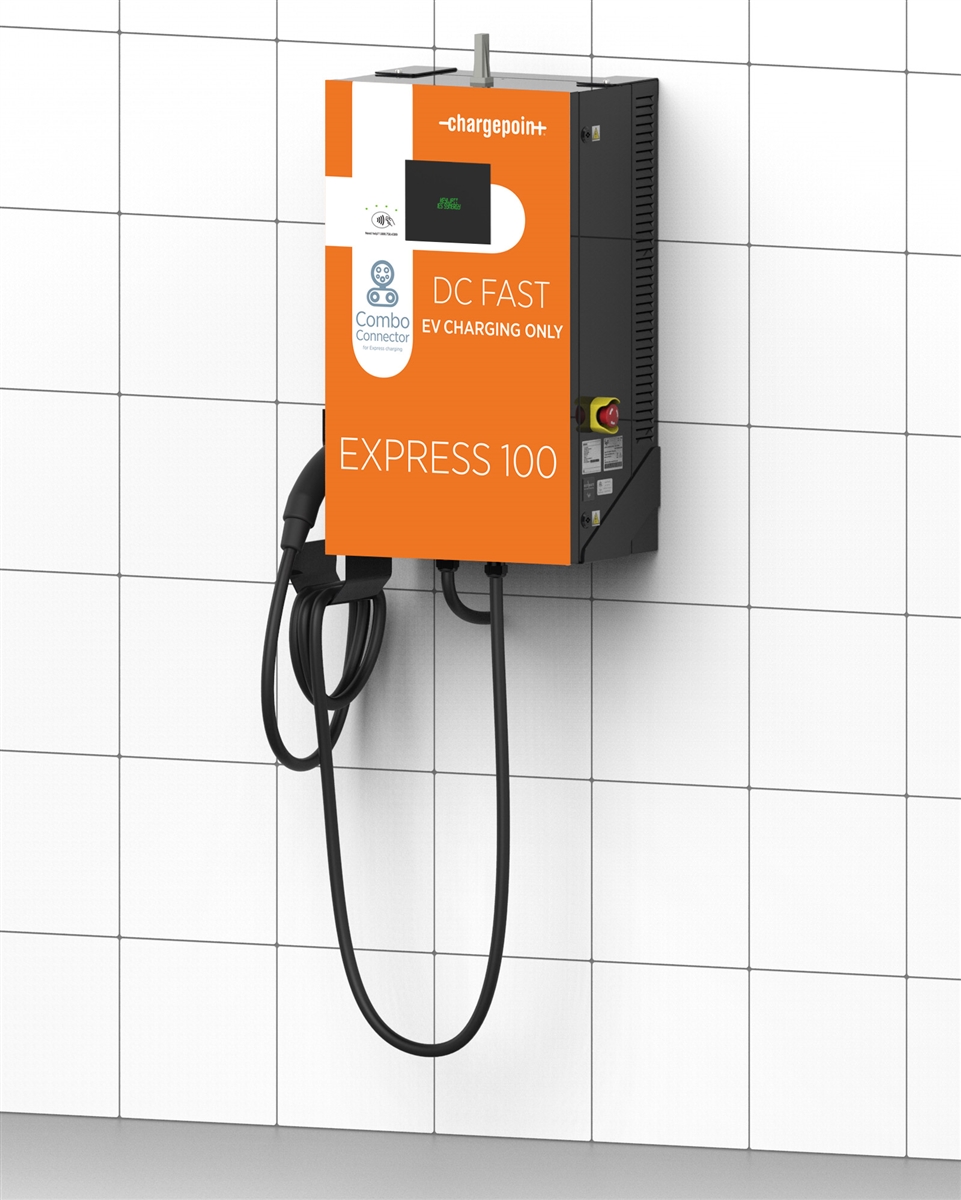Table of Content
Enter your zip code to find out what typical solar installations cost in your neighborhood. Electrify America charges customers $0.43 per kWh of electricity or drivers can become a Pass+ member for $4 per month for a discounted rate of $0.31 per kWh. Whatever charger you select, be sure to buy something that is “UL-listed,” which means it has been tested for safety by the Underwriters Laboratories for U.S. usage.

“Any electrician can install a home charger, but depending on their familiarity with the equipment, we’ve found lots of variability in what prices people are being quoted,” Wolf says. In general, battery size varies between approximately 50 KW to 100KW . No Tesla battery is charged to its full capacity but as an estimate, you’ll need to use about 50 kW of power to charge a standard range Model 3 battery fully. Installation pricing can vary depending on your home charging hardware and electrical system.
How much does it cost to install an EV charger?
There are a few different charging levels for EVs, with DC charging being the fastest available option. So, in the name of speed and convenience, you might be wondering if you can install a DC fast charger at home. Considering the technical nature and risk of a Level 2 EV charger DIY installation, it is always smart to hire a professional electrician to install your charging station. Electric work is also a health hazard, and it is always safer to let an experienced professional handle electric work.

In other words, there are three different types that you need to be aware of and look at before deciding on your next DC fast charging station. With the invention of DC fast charging, customers can now enjoy a lot of benefits; however, every vehicle can't take full advantage of the new DC fast charging. Therefore, as an electric car owner, you need to be aware of the main advantages and disadvantages of DC fast charging. On the other hand, DC fast charging is considered the fastest for charging any electric vehicle. This is because it doesn't require any electric current conversion from AC to DC. Instead, it charges the vehicle directly with a DC charge that is needed by this vehicle.
How much does it cost to charge an electric car at home?
Depending on your provider, your charging rates may be highly variable. EV charging station fees can be structured as flat monthly fees, per-minute fees, or a combination of both. Research your local public charging plans to find one that fits your car and needs best. The cost of a single port EVSE unit ranges from $300-$1,500 for Level 1, $400-$6,500 for Level 2, and $10,000-$40,000 for DC fast charging . Installation costs vary greatly from site to site with a ballpark cost range of $0-$3,000 for Level 1, $600- $12,700 for Level 2, and $4,000-$51,000 for DC fast charging .

While most level 3 chargers are made for commercial use, level 3 charging options are becoming available for the home. Level 3 chargers – also called DCFC or fast charging stations – are much more powerful than level 1 and 2 stations, meaning you can charge an EV much faster with them. That being said, some vehicles cannot charge at level 3 chargers. Knowing your vehicle’s capabilities is therefore very important.
How do you use a DC fast charger?
This makes your home Level 2 EV charger installation smooth and worry-free. A homeowner does not need that fast of a charge since most home charging is done overnight. “The more power you have, the faster your vehicle will charge,” explains Guinn.

Throughout most of Europe, homes are wired for 240 for regular use, and in the US many homes either have 240 volts or are able to get that service from their electric company. They are very expensive, coming out to anywhere from $20,000-$75,000. This is not the best idea as superchargers are very cheap in public spaces. It is much smarter to just install a level 2 charger and use the public level 3 chargers.
Related solar news
To begin with, DC charging is designed for rapid charging of the EV battery at high currents and the control of the charging is principally carried out by the EVSE itself. The issues of using the DC output of a home battery system I have previously looked at here. Don’t do it on your own unless you’re an electrician with experience. The best way to hire an experienced and certified installer is to do it yourself.
It is possible to add 25 miles per hour and a full charge overnight if you have 30 to 50 Amps and 120V. The average cost of a home charger in the US is between $1,000 and $1,200, but the government can give you a grant that will reduce the price. It is possible to get a federal tax credit that will cut the cost of your EV charging station by 30%. Your vehicle will get both single-phase AC and three-phase AC along with the DC high-speed charging capability with the combined charging system.
There is also Tesla’s proprietary plug, which is used on their Superchargers. Level 2 charging is a little faster and requires another household power supply. This type of charging needs the same supply and outlet that you would use for a clothes dryer or electric range. This is typically around 220 volts, double that of a level 1 charger. This is of course the fastest charging option available on the market today. Installing an EV charger at home can be easy and quick if you are prepared and know what you need to do in order to get started.
However, a 100-amp panel is generally unable to handle the demands of most modern lifestyles along with an EV charger. There are also far fewer DC fast-charging stations throughout the country compared to Level 2 stations. There are only around 5,000 DC fast-charging stations in the U.S, while there are over 43,000 Level 2 charging stations and approximately 120,000 Level 2 charging ports.

No comments:
Post a Comment